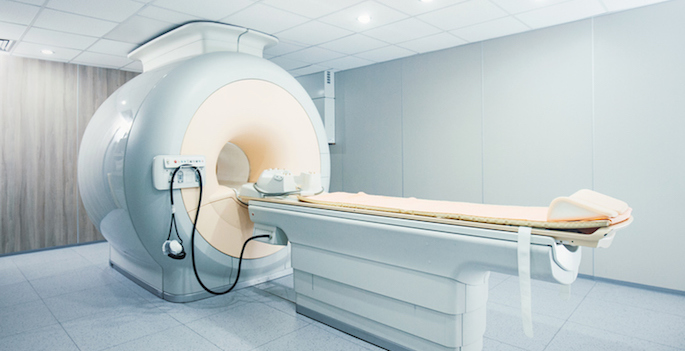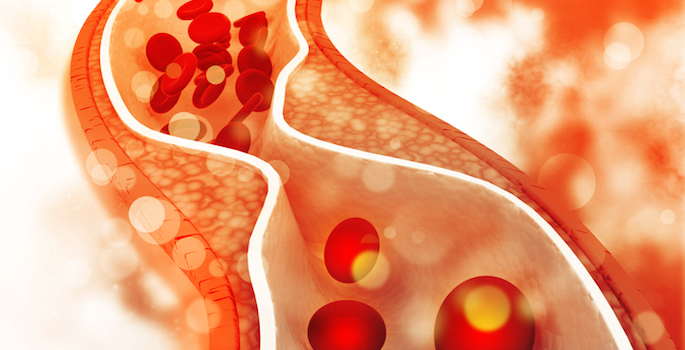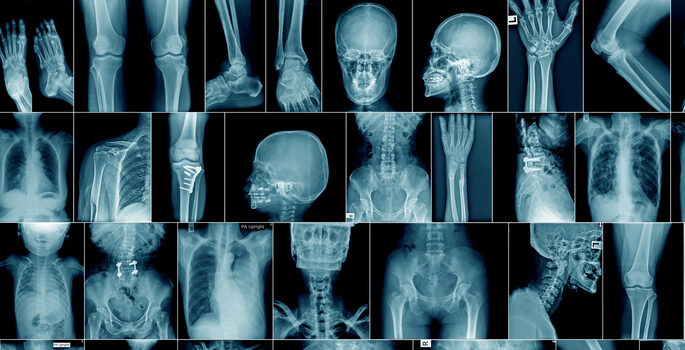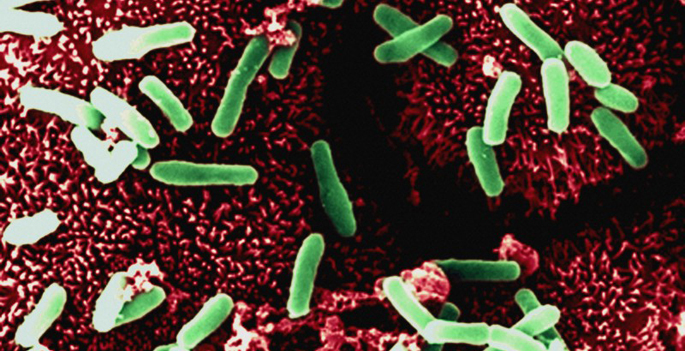NIH
-

Cellular factor helps package flu genome
New insights on influenza genome packaging could guide strategies for interfering with the virus's life cycle and ability to cause infection. Read MoreApr 8, 2020
-

Loss of ‘Jedi’ alters neuron activity
This is not the Jedi you're thinking of. This Jedi is a receptor that helps clear away dead neurons during development, and its loss changes the activity of dorsal root ganglia neurons, which could have implications for treating chronic pain. Read MoreMar 10, 2020
-

Meat intake and colorectal polyps
Red and processed meat intakes are strongly associated with increased risk of sessile serrated polyps, which are not as well studied as conventional adenomas. Read MoreMar 9, 2020
-

Clues to lung injury in preterm babies
Jennifer Sucre and colleagues have discovered a factor that contributes to the pathological changes of bronchopulmonary dysplasia, the most common complication of preterm birth. Read MoreMar 5, 2020
-

Looking through MudPIT for protein interactions
The identification of novel protein interactions and sites of modification in proteins involved in mRNA translation adds to understanding of a process that is an important therapeutic target. Read MoreFeb 25, 2020
-

Protein interactions and brain function
Roger Colbran and colleagues have discovered new molecular details about the function of an enzyme with a key role in shaping learning and memory. Read MoreFeb 20, 2020
-

Transporter mutation alters cell energy
A disease-associated mutation in a transporter protein causes cells to increase energy production, as if they are starving, Vanderbilt researchers have discovered. Read MoreFeb 20, 2020
-

A key to calcium signaling
Erkan Karakas and colleagues used cryo-electron microscopy to determine structural details of a calcium channel protein that has numerous cell signaling roles. Read MoreFeb 11, 2020
-

Imaging breast cancer cell size
A noninvasive MRI approach assesses breast tumor cell size and could be a useful way to evaluate early response to neoadjuvant therapy. Read MoreFeb 10, 2020
-

Powering H. pylori pathogenesis
Timothy Cover and colleagues report new insights into the sources of energy used by a bacterial “machine” linked to the pathogenesis of stomach cancer. Read MoreFeb 6, 2020
-

New tool probes gene regulation
Vanderbilt biochemists got unexpected results when they used their new approach to explore the role of DNA methylation in gene regulation. Read MoreFeb 6, 2020
-

Imaging nerve regeneration
Diffusion MRI may provide a noninvasive approach to assess nerve regeneration and distinguish successful from unsuccessful repairs earlier. Read MoreJan 28, 2020
-

A new contributor to atherosclerosis
Sean Davies and colleagues are exploring lipid aldehydes produced during oxidative stress and their contribution to HDL dysfunction and atherosclerosis. Read MoreJan 27, 2020
-

Insights on diabetic retinopathy
A drug that targets multiple pathogenic steps in diabetic retinopathy may be an ideal therapeutic strategy for the disease, Vanderbilt researchers report. Read MoreJan 23, 2020
-

HDL-cholesterol and breast cancer risk
Genetic analyses suggest that high circulating HDL-cholesterol levels may increase breast cancer risk — a surprising finding since increased HDL-cholesterol is thought to be healthy. Read MoreJan 23, 2020
-

Vanderbilt-led team discovers new genetic disease and defines underlying mechanism
An international research team has discovered a new genetic syndrome caused by mutation of a single gene and named it CATIFA, an acronym for its core symptoms. Read MoreJan 13, 2020
-

Zinc uptake by a deadly pathogen
The increasingly antibiotic-resistant bacterium Acinetobacter baumannii requires zinc to cause infection, and Vanderbilt researchers have identified the zinc uptake system it uses. Read MoreJan 13, 2020
-

Study links Medicaid expansion and recipients’ health status
In Southern states that expanded their Medicaid programs under the Affordable Care Act, adults experienced lower rates of decline in both physical and mental health, according to a new Vanderbilt analysis. Read MoreJan 10, 2020
-

Bone matrix changes during aging
Changes to the bone matrix that occur during aging may point to novel targets for treating osteoporosis. Read MoreJan 10, 2020
-

Structural views of a C. diff toxin
D. Borden Lacy and colleagues used cryo-electron microscopy to define the structure of a C. diff toxin, providing a framework for the design of novel therapeutics. Read MoreJan 10, 2020